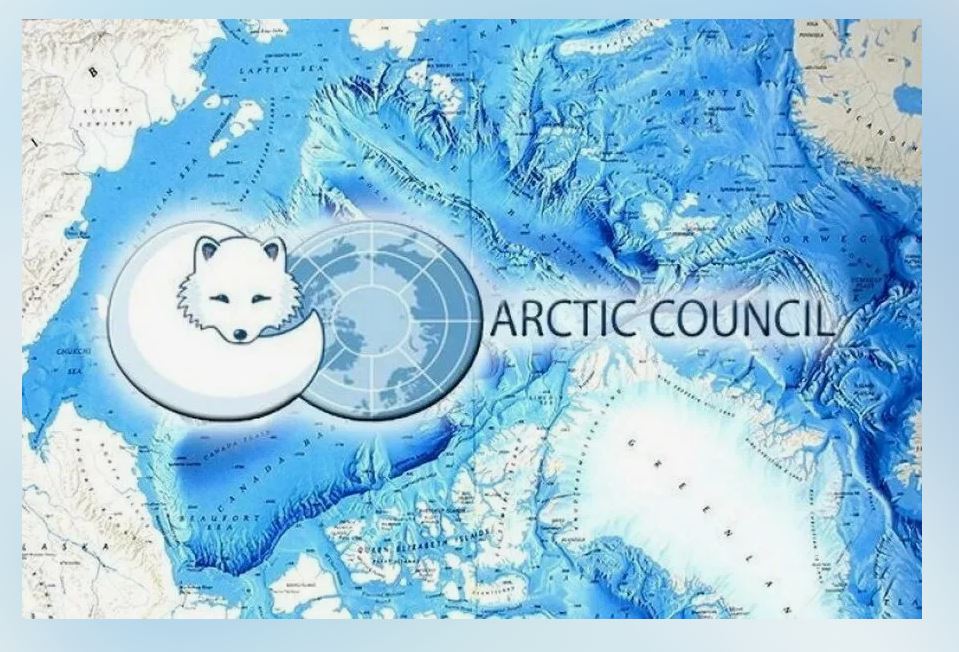March 3,2024
Russia may withdraw from the Arctic Council after it suspended the payment of contributions due to the ongoing sabotage of its work by the Western members, then the collapse of this organization is likely to be unnecessary. Alexander Sergunin, Doctor of Political Sciences, Professor of the Faculty of International Relations of St. Petersburg State University (St. Petersburg State University), said this during his visit to New Delhi. He recalled that Russia was the largest contributor to the Arctic Council until 2022. "We were contributing over $10 million annually. Our contribution was approximately equal to the total of the other seven member countries of the council together. So when Russia stopped paying, they got worried," the scientist said.
 After the termination of Russian contributions, the St. Petersburg State University professor considers three options for the development of events. "The first scenario is that Russia will withdraw from the Arctic Council. According to the statutes of this forum, there is no procedure for expelling anyone from the council, so Western countries cannot do this to us. Ambassador-at-Large of the Russian Foreign Ministry Nikolai Korchunov, who represents the Russian Federation in the Arctic Council, has repeatedly stressed this fact. But we can make such a decision ourselves, just as we did in the case of the Council of the Barents Euro-Arctic Region ( (CBEAC), from which we withdrew last September. Now the CBEAC has practically become practically useless to anyone," Sergunin noted.
After the termination of Russian contributions, the St. Petersburg State University professor considers three options for the development of events. "The first scenario is that Russia will withdraw from the Arctic Council. According to the statutes of this forum, there is no procedure for expelling anyone from the council, so Western countries cannot do this to us. Ambassador-at-Large of the Russian Foreign Ministry Nikolai Korchunov, who represents the Russian Federation in the Arctic Council, has repeatedly stressed this fact. But we can make such a decision ourselves, just as we did in the case of the Council of the Barents Euro-Arctic Region ( (CBEAC), from which we withdrew last September. Now the CBEAC has practically become practically useless to anyone," Sergunin noted.
According to the scientist, Russia's withdrawal from the Arctic Council is "under serious discussions" as one of the options for the development of the situation. "The termination of contributions is a serious wake-up call for the Western Arctic countries. If Russia leaves the council, it may disintegrate for lack of need, for Russia is a key regional player, controlling about 40 per cent of the Arctic space," Sergunin noted.
Thus, the professor of St. Petersburg State University drew attention to the fact that Western - European, Canadian, American scientists "are already simply rebelling." "They say they can't put together any reliable climate model without Russian data. The same applies to the state of the permafrost zones. Let me remind you that almost two thirds of Russia's territory is located in the permafrost zone. Western scientists have polar stations on Spitsbergen, Greenland, northern Canada and Alaska, but they cannot do with this data alone," Sergunin explained.
"The Arctic Council will have very little significance without Russia," the professor stressed.
Under the second scenario, according to Sergunin, Russia, having left the Arctic Council, may take a course to create its own organisation, where it will invite non-Western states - India, China and those states that are willing to cooperate with it. "But of course it will no longer be the Arctic Council, it will be a different organisation, where friendly countries will no longer be observers, but full members. It is more favourable for them," the professor believes.
"This is a very likely scenario. In the new institution, Russia will be the leader and will determine the composition of the participating countries," the scientist stressed.
He predicted that the goal of the new organisation could be to develop Arctic cooperation in various sectors - economic, environmental, climate, shipping industry and scientific diplomacy lines.
In addition, the SPbSU professor does not rule out that the current situation, in which the Arctic Council's work is effectively frozen, will continue until the end of the Ukrainian conflict. "A third scenario arises. There is an expression in English: muddling through - to act the way it is possible to. In essence, co-operation in the Arctic will be left to fend for itself. As a result, so far all countries are suffering," Sergunin stated. For instance, he recalled that some cross-border nature projects had been launched through the Arctic Council, which could be beneficial to not one, but several countries and the population of the Arctic region. "All had parties agreed to finance them. Now all these projects have been suspended," the scientist added.
Nikolai Korchunov, Ambassador-at-Large of the Russian Foreign Ministry, said on February 14 that Russia had suspended payments of contributions to the Arctic Council, and this decision would be valid until the resumption of full-scale work of the institution. Earlier, Russian presidential spokesman Dmitry Peskov told reporters that Russia continues to work in the Arctic Council for the time being, but if participation in it ceases to meet the country's interests, "special decisions" may be taken. In turn, Maria Zakharova, the official representative of the Russian Foreign Ministry stressed that Russia would consider the expediency of being in the Arctic Council if it turns into an unfriendly structure.
The Arctic Council is an intergovernmental discussion forum of the Arctic states. Its members are Denmark (together with Greenland and the Faroe Islands), Iceland, Canada, Finland, Norway, Russia, the United States, Finland, and Sweden. In 2021, which marked the 25th anniversary of the association, the two-year chairmanship of the association passed from Iceland to the Russian Federation. Russia, after the expiry of its chairmanship, handed it over to Norway during the 13th session of this international organisation, which took place in Salekhard on 11 May 2023.
Source: https://nauka.tass.ru/nauka/20132899
Translated by Muhiddin Ganiev